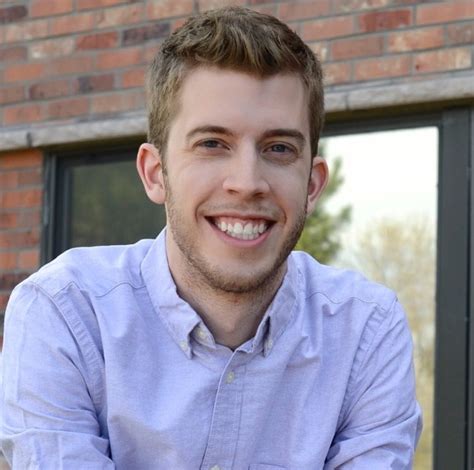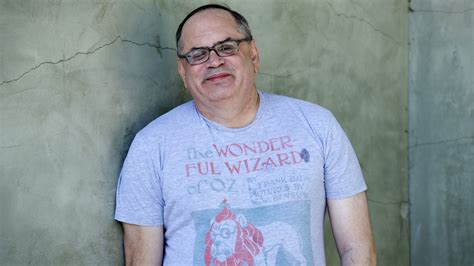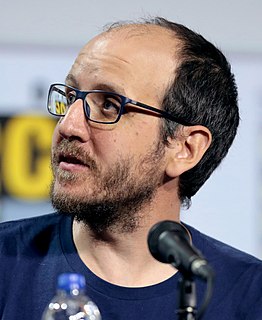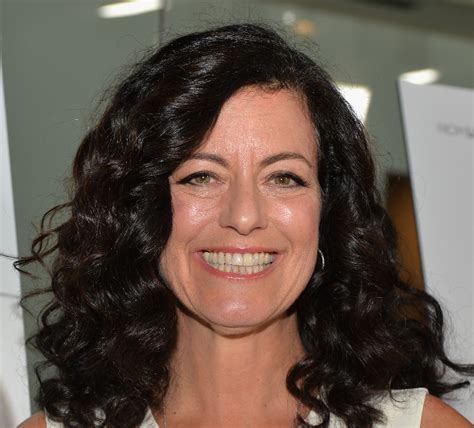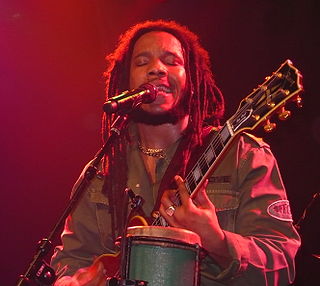A Quote by James Nathan Miller
There is no such thing as a worthless conversation, provided you know what to listen for. And questions are the breath of life for a conversation.
Related Quotes
Visiting a new town is like having a conversation. Places ask questions of you just as searchingly as you question them. And, as in any conversation, it helps to listen with an open mind, so you can be led somewhere unexpected. The more you leave assumptions at home, I've found, the better you can hear whatever it is that a destination is trying to say to you.
I happen to disagree with the well-entrenched theory that the art of conversation is merely the art of being a good listener. Such advice invites people to be cynical with one another and full of fake; when a conversation becomes a monologue, poked along with tiny cattle-prod questions, it isn't a conversation any more.
Eden is a conversation. It is the conversation of the human with the Divine. And it is the reverberations of that conversation that create a sense of place. It is not a thing, Eden, but a pattern of relationships, made visible in conversation. To live in Eden is to live in the midst of good relations, of just relations scrupulously attended to, imaginatively maintained through time. Altogether we call this beauty.
This conversation with the audience has been going on since, what, '72, '73... Sometimes it's like a conversation after dinner with friends. You're in a restaurant, and you got there at 8 o'clock. Suddenly, you realize it's midnight. Where did the time go? You're enjoying the conversation. It's sort of a natural, organic conversation.
I was in a conversation and someone said: "You know, we were talking about the whole issue of transgender and how it has become so accepted now, and somebody said, 'You know the Oprah show, I think has had a big impact.'" I said, I don't think so. We did several transgender [shows], but we didn't do as much for transgender as I did for, say, abused kids or battered women. And they said, "But no, you started the conversation. You started the conversation and the conversation has led us to here."
Music is like a conversation. One person says one thing that speaks with a harmonica, with a bass, with a drum. They're all conversating, and we're just trying to find a way to make conversation rather than blah, blah, blah. But it's not really so hard a thing to do if you know the way to approach it.
